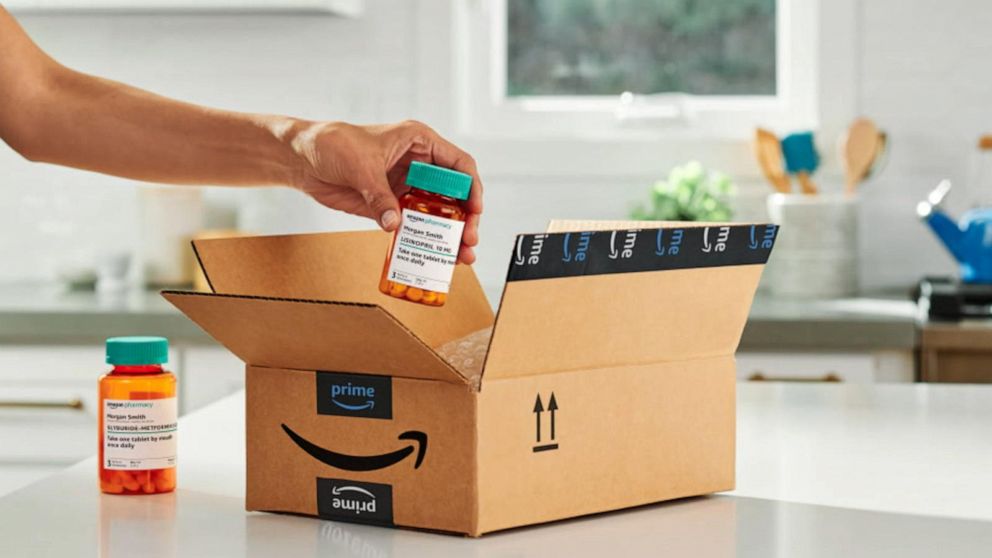In the fast-paced world of healthcare, innovations continue to shape the way we approach patient care. One such groundbreaking development is the evolution of medication delivery systems. Traditional methods of obtaining prescription medications often involved a trip to the local pharmacy, but with the advent of technology, medication delivery services are transforming the landscape of healthcare, offering convenience, accessibility, and improved adherence to prescribed treatment plans.
The Rise of Medication Delivery Services:
- Convenience at Your Doorstep: Medication delivery services bring the pharmacy to your doorstep, eliminating the need for patients to make trips to the pharmacy, particularly for those with mobility issues, chronic illnesses, or busy schedules. This level of convenience enhances patient compliance with prescribed medications, ultimately leading to better health outcomes.
- 24/7 Accessibility: Unlike traditional brick-and-mortar pharmacies with limited operating hours, medication delivery services operate round the clock. This accessibility ensures that patients can receive their medications at any time, addressing urgent needs and emergencies without the constraints of business hours.
- Technological Integration: Many medication delivery services leverage technology to streamline the ordering process. Mobile applications and online platforms allow patients to easily order and track their medications, receive automated reminders for refills, and access important information about their prescriptions.
The Impact on Patient Adherence:
- Reducing Medication Non-Adherence: Medication non-adherence is a significant challenge in healthcare, leading to worsening health conditions and increased healthcare costs. With medication delivery services, patients are more likely to adhere to their prescribed regimens, as the hassle of obtaining medications is greatly reduced.
- Personalized Medication Management: Advanced medication delivery platforms often incorporate personalized medication management features. These include dosage reminders, drug interaction alerts, and educational resources, empowering patients to take an active role in managing their health.
- Chronic Disease Management: For individuals with chronic diseases requiring long-term medication regimens, such as diabetes or hypertension, medication delivery services play a crucial role in maintaining consistent treatment. This, in turn, contributes to better disease management and improved quality of life.
Addressing Concerns and Ensuring Safety:
- Pharmacy Regulations and Licensing: To ensure the safety and efficacy of medication delivery services, regulatory bodies establish and enforce strict guidelines. Licensing requirements for online pharmacies and medication delivery platforms help maintain the integrity of the healthcare system.
- Secure and Private Transactions: Medication delivery services prioritize the security and privacy of patient information. Encrypted transactions and adherence to healthcare data protection standards safeguard patient data, fostering trust in these innovative healthcare solutions.



